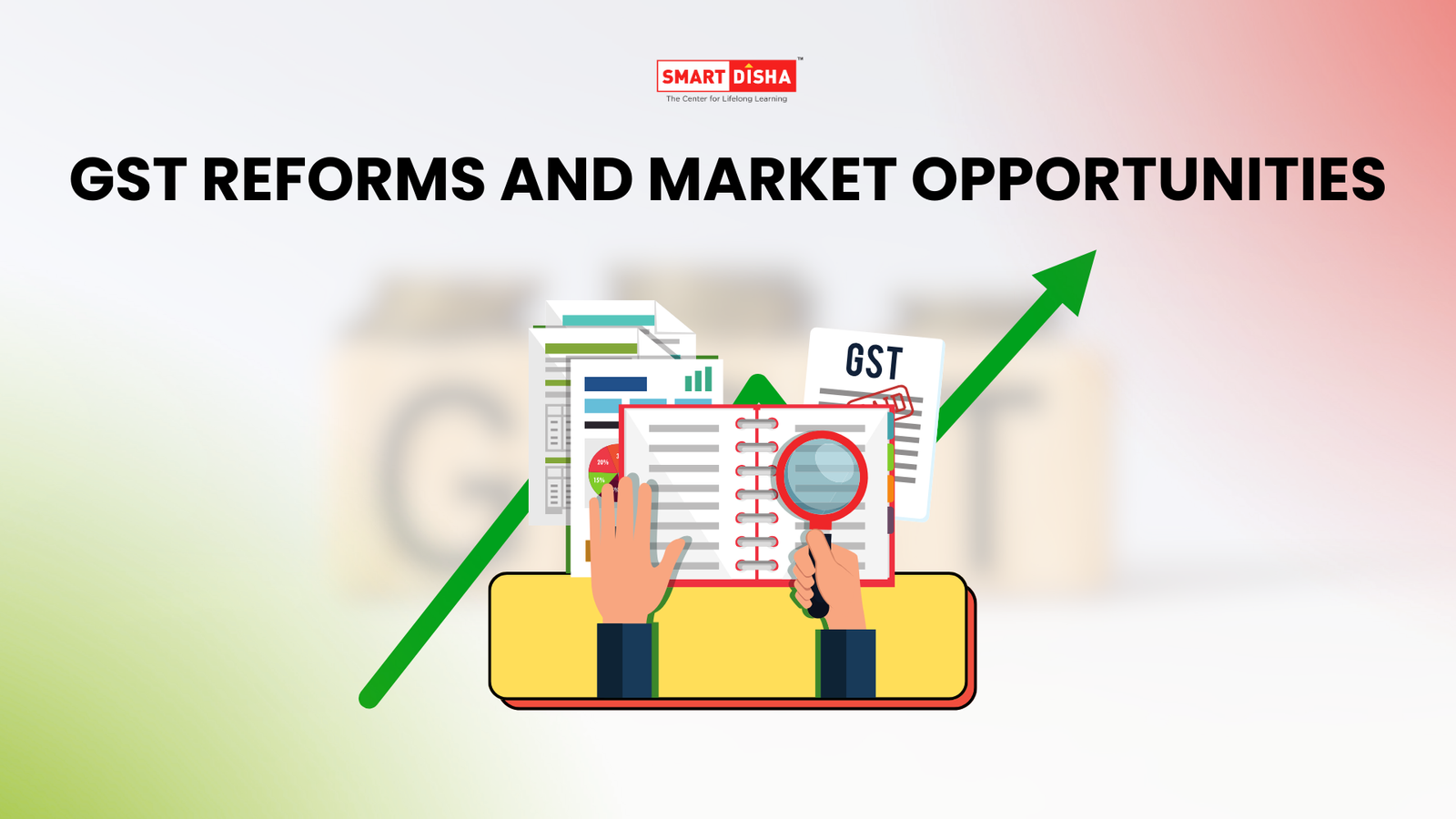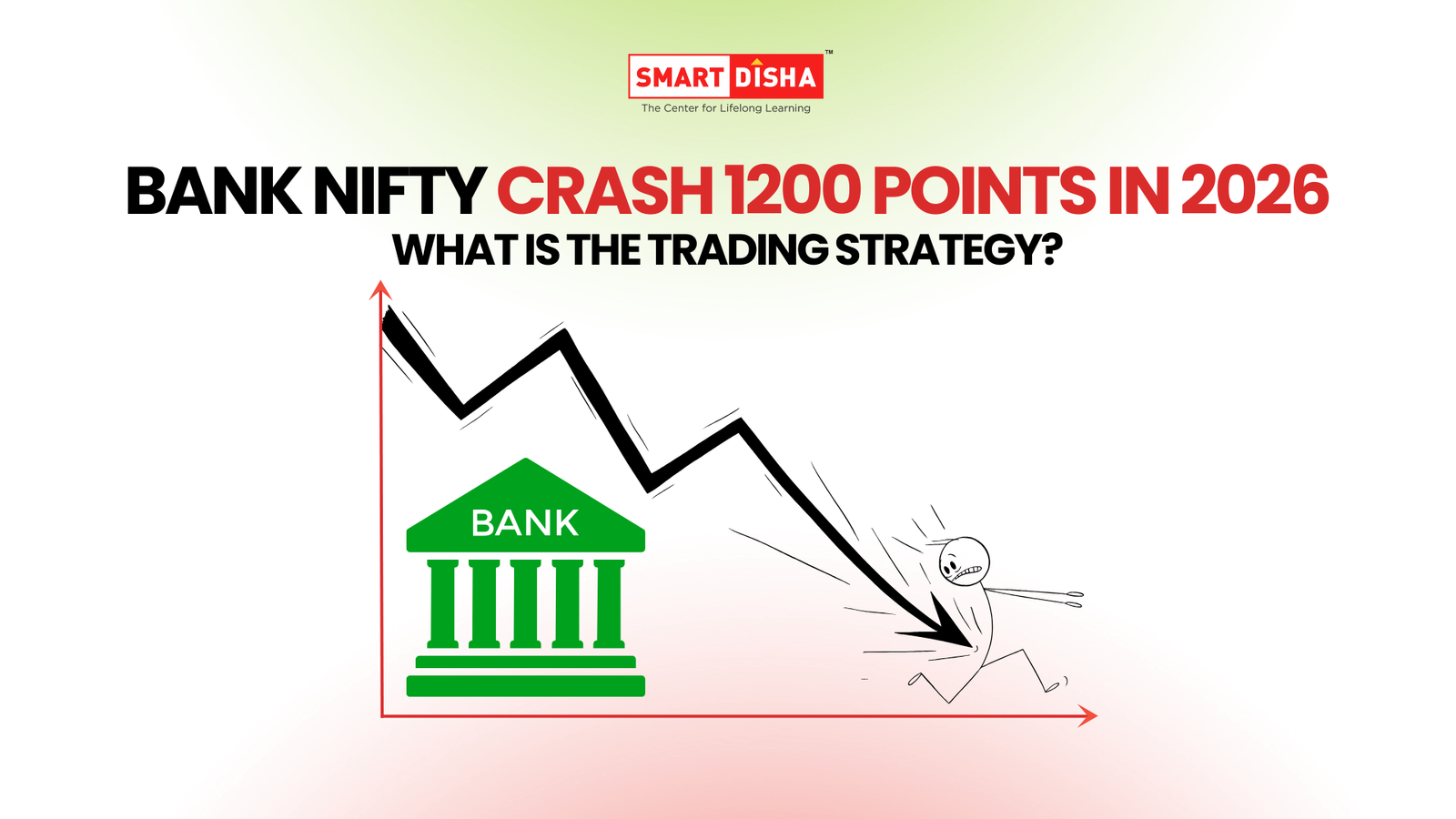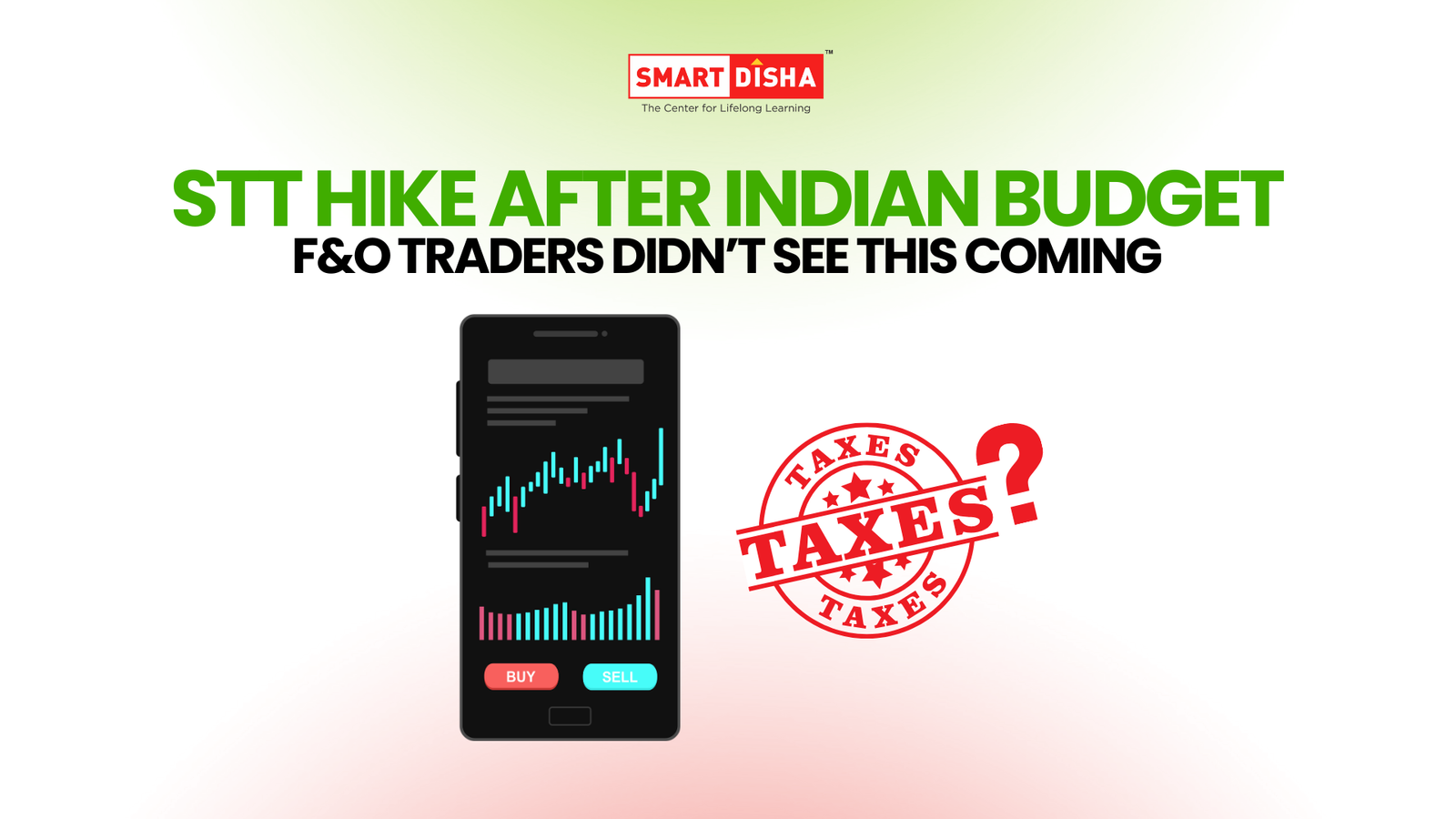The GST reforms in India stand among the most transformative changes in the country’s tax history. By replacing a complex web of state and central levies with a unified structure, GST has reshaped how industries operate and how investors assess different sectors. From profit margins to stock valuations, the ripple effects of GST reforms India are seen across retail, consumer goods, and finance. For both traders and long-term investors, understanding these reforms is vital, as they directly influence growth potential and market opportunities
In this blog, we’ll explain the subject in a simple FAQ format, highlighting how GST reforms in India continue to impact retail, FMCG, and financial sector stocks
Q1. How do GST reforms impact the Indian stock market overall
GST reforms simplify India’s tax system by replacing multiple state and central levies with a unified structure. This reduces operational inefficiencies and compliance hurdles for companies. Lower costs and better transparency improve profitability, which often boosts stock valuations. Investors also view reforms as signals of economic stability, strengthening long-term market confidence (GST Council)
Q2. Which stock sectors benefit most from GST reforms?
Retail and FMCG are the biggest direct beneficiaries since they rely heavily on efficient supply chains and consumption. Finance benefits indirectly because when retail and FMCG expand, demand for loans and insurance rises. These three sectors show the strongest correlation between GST changes and stock performance (Economic Times)
Q3. How does GST affect retail stocks like DMart?
Retail chains such as DMart gain because GST removes interstate tax barriers, making logistics faster and cheaper. Inventory management also improves as businesses don’t need to hold large buffer stocks. These changes enhance margins and competitiveness, often leading to stronger earnings and stock performance (Business Standard)
Q4. Why are FMCG stocks sensitive to GST rate cuts?
FMCG companies sell essential goods consumed daily, so GST rate cuts on food, personal care, or household items directly boost sales volumes. Even a small tax reduction can create an immediate demand surge. This translates into higher revenues and stronger brand dominance for large FMCG players (Mint)
Q5. Does GST increase transparency in business operations?
Yes, GST reforms force unorganized businesses into the tax system, making operations more accountable. It reduces tax evasion and improves reporting standards, which in turn helps investors evaluate companies better. The increased formalization also levels the playing field between large and small firms (GST Portal)
Q6. How do GST reforms influence finance and banking stocks?
Financial services like loans, insurance, and asset management are taxed under GST. Lower GST reduces service charges, making products more affordable for customers. Indirectly, when retail and FMCG grow due to GST benefits, demand for credit rises, boosting banks and NBFCs (ET Markets)
Q7. Are GST reforms good for long-term investors?
Yes, GST reforms create a more uniform tax system across India, which reduces risks for businesses and investors alike. Global funds often view GST as proof that India is moving toward a transparent, growth-oriented economy. This builds confidence and encourages long-term investments in Indian stocks (Business Standard)
Q8. Do small retailers lose under GST reforms?
Smaller retailers often face higher compliance costs, which can be challenging. However, it also pushes them to formalize and adopt better accounting systems. This benefits large listed companies like Trent and DMart, as they gain market share when unorganized players struggle (Economic Times)
Q9. How do GST reforms affect supply chains in India?
Before GST, goods moved slowly due to multiple state taxes and checkpoints. GST has created a seamless national supply chain, lowering transit times and logistics expenses. Companies now enjoy faster distribution, lower costs, and better inventory turnover (Mint)
Q10. Should investors track GST announcements?
Yes, because GST rate changes often create immediate stock movements. For example, if GST on consumer staples is cut, FMCG stocks usually rally within days. Investors who follow these announcements closely can position themselves ahead of market reactions (ET Markets)
Final Thought
GST reforms have reshaped Indian markets. Retail and FMCG gain efficiency and volume growth, while finance rides the indirect wave of higher credit demand. For investors, tracking GST announcements is essential for spotting opportunities
“Organized players like DMart and Trent continue to expand as GST reforms simplify logistics, explore more in our detailed guide on Retail Sector Stocks in India: Opportunities and Challenges.”




